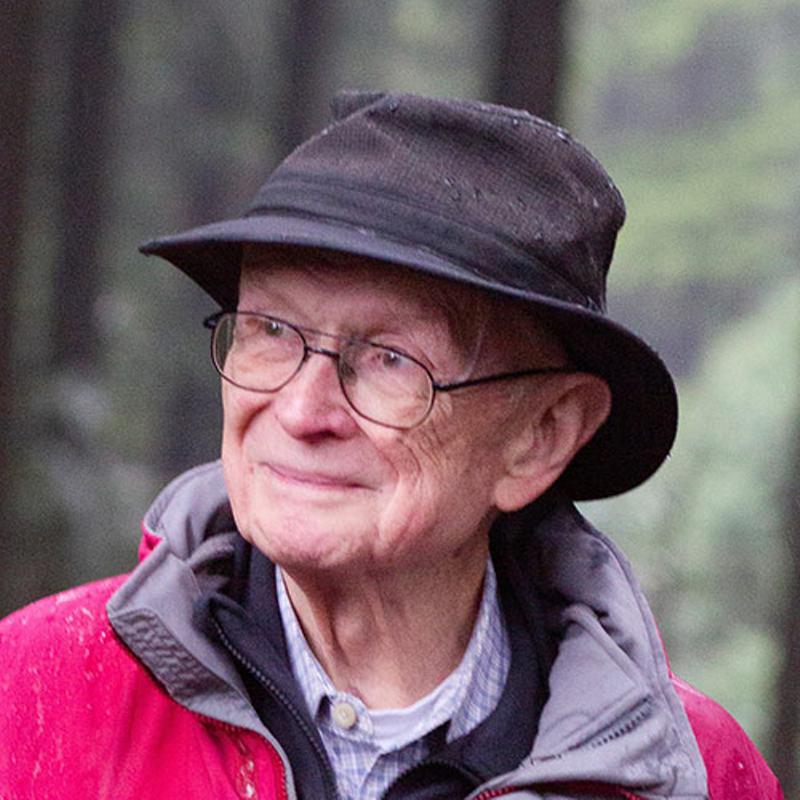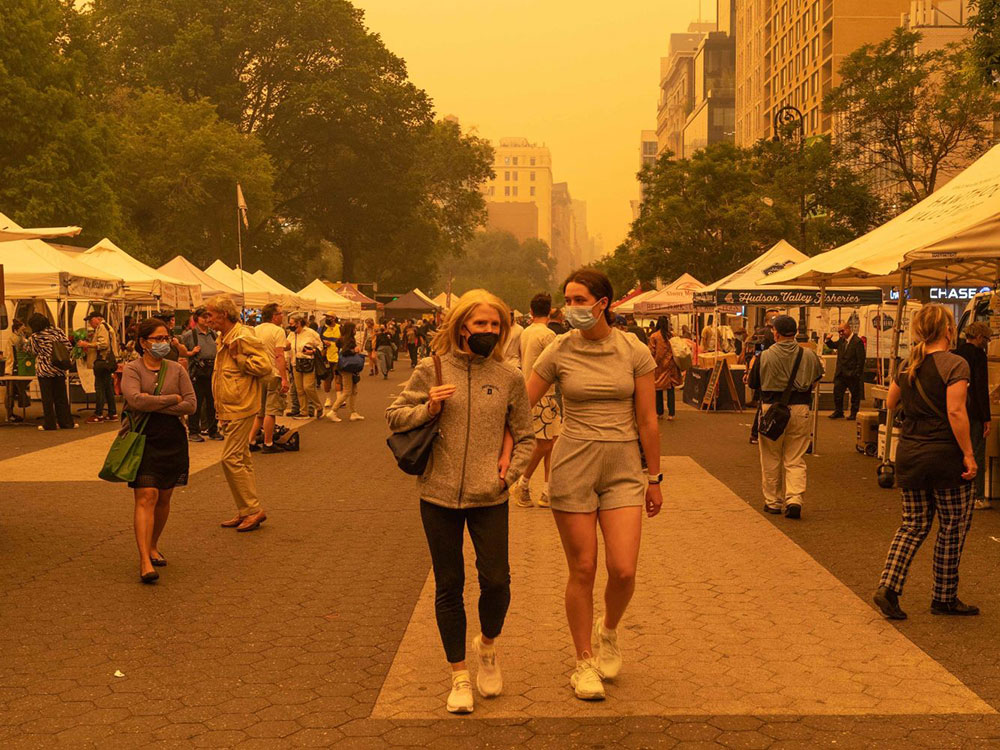If COVID-19 leaves some of its victims with brain fog, the current wildfires often seem to induce “brain smoke” — a murky condition that befuddles citizens and politicians alike.
Brain smoke is very much affecting millions in central Canada and the northeastern U.S. these days. Toronto, Montreal and especially New York City have experienced air quality like that of Vancouver in 2017 or New Delhi just about anytime in recent years.
New York City, especially, has responded with wheezing astonishment that climate change could actually affect New Yorkers themselves.
Many brain-smoked Americans name Canada, not global heating, as the source of their orange air.
Meanwhile, brain-smoked Ontario Premier Doug Ford blamed half the wildfires on lightning and the other half on careless campers. He explicitly dismissed climate change as a factor. And in Ottawa, Parliament preferred to fret about Chinese interference rather than confront the implications of this spring’s wildfires.
Psychologists call this behaviour displacement activity, when humans and other animals do something irrelevant that doesn't contribute to an ultimate outcome.
Shitposting: a means of avoidance
Brain-smoked or not, our governments know that even paying lip service to climate change can be hazardous: the current wildfires also made the hashtag #ClimateScam trend on Twitter. And not all the shitposters are bots. Some of them vote.
Shitposting is itself a displacement activity, a way to avoid coming to terms with reality. Accepting reality, after all, would mean accepting — and implementing — major changes in the way we live. Some of us, evidently, would rather die.
Let’s hope that when the smoke clears, so will our minds. Instead of pretending that the threat is over, as many of us still do about COVID-19, we should take these late-spring wildfires as warning shots of far greater fires in our near future.
Here’s a list of actions to help us get through the summers of 2023 and 2024 while we plan for even worse summers later in the decade.
1. Mask up again
Ramp up production of N95 (or better) masks and protective goggles. Unlike COVID-19, it’s easy to see, smell and taste wildfire smoke. People will wear masks, especially if they’re free or a dollar a dozen. The goggles will help prevent stinging eyes.
Make masks and goggles free for people over 65 and under 18, as well as everyone with respiratory problems like asthma and chronic obstructive pulmonary disease.
2. Improve ventilation. We should know this already.
Adopt the recent U.S. Centers for Disease Control and Prevention guidance on ventilation — which requires five clean-air changes per hour in occupied spaces.
This would filter out tiny, deadly PM 2.5 particles not only from wildfire smoke but from automobile exhaust and abraded tires.
Well-ventilated classrooms, workplaces and public facilities would also reduce the spread of COVID-19 and other airborne viruses and bacteria.
Every home should have air conditioning with high efficiency particulate air, or HEPA purifiers, at least in bedrooms if not in the whole house.
If need be, people could build their own Corsi-Rosenthal boxes and get a rebate on every one.
3. Give the people what they need: HEPA purifiers
The provincial government could bulk-buy HEPA purifiers at low prices and sell them at cost to daycares, schools, recreation centres, libraries, clinics and hospitals, and other publicly funded public spaces.
4. Democratize purified air
In rural and Indigenous communities, following FireSmart guidelines should get homeowners and renters free air purifiers — and solar panels to run them, if necessary.
The unhoused and those in substandard housing like single-room occupancy buildings should be offered air-purified shelter in hotels at the first whiff of smoke.
Public health is not ‘personal responsibility’
The key principle would be to help protect every last British Columbian — kids, elders, rich and poor. We dropped the ball on public health when we accepted the concept of relying on “personal responsibility” to keep ourselves and those around us safe during the first years of the COVID-19 pandemic.
It was really personal irresponsibility toward those most vulnerable to the virus in this ongoing pandemic. Now we’d pick up the ball and run with it.
We’d have to.
We might pretend that COVID-19 has gone away. But wildfires, atmospheric rivers, floods and droughts will only get worse.
We know that at least 15,000 Canadians a year die prematurely from air pollution, and makes millions of us sick.
That’s about as many Canadian deaths in three years as we’ve suffered from COVID-19.
Those numbers will go up every year unless we take steps to protect all Canadians — not just the ones who can afford to protect themselves.
We will still have to go to school, or work, or volunteer to keep B.C. functioning as an economy and a society. We will also need to care for our sick, and it makes sense to keep their numbers as low as possible.
To defend ourselves against heat, air pollution and other climate disasters, we’ll need to clear our heads of brain fog and brain smoke alike.
We will need to be able to think still further ahead to greater challenges that only a healthy, unified society can survive. ![]()
Read more: Health, Rights + Justice, Environment

















Tyee Commenting Guidelines
Comments that violate guidelines risk being deleted, and violations may result in a temporary or permanent user ban. Maintain the spirit of good conversation to stay in the discussion and be patient with moderators. Comments are reviewed regularly but not in real time.
Do:
Do not: